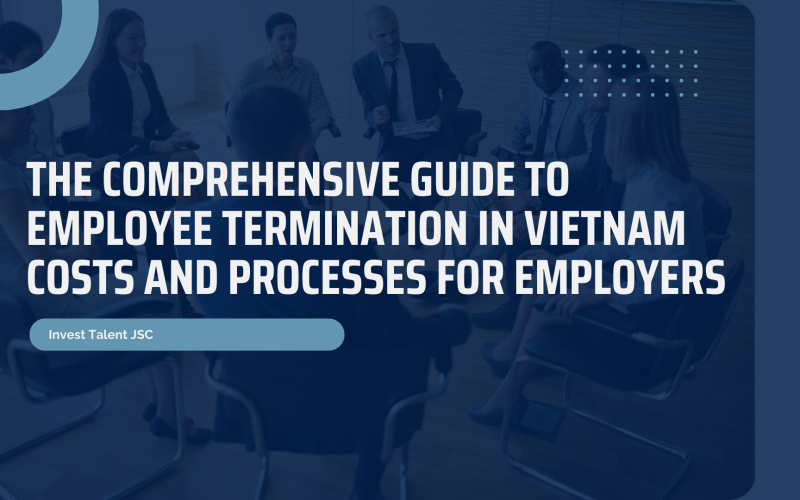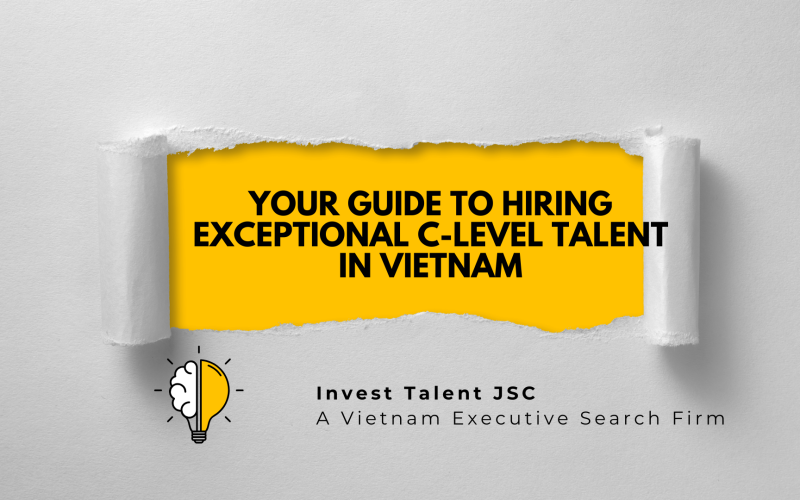Specialist Search Skills: Essential Tools for Skilled Workers in the AI era
21/05/2025
In today’s AI-driven world, information is everywhere—but insight is rare. As artificial intelligence becomes more embedded in our daily work, one skill is quietly becoming a game-changer: specialist search skills. Whether you're a developer, analyst, educator, or healthcare professional, knowing how to search smarter—not just harder—can set you apart in a competitive job market. Let’s explore why this matters and how you can sharpen your search superpowers.
Why Search Skills Are More Important Than Ever AI tools like ChatGPT, Copilot, and others can generate answers in seconds.
But here’s the catch: they’re only as good as the questions you ask. If you can’t frame a clear query, filter out noise, or verify what you find, you risk making decisions based on flawed or incomplete information. That’s why search skills are no longer just about Googling—they’re about thinking critically, navigating complexity, and collaborating with AI effectively.
What Are Specialist Search Skills?
These aren’t your average “how to find stuff online” tricks. Specialist search skills are deeper, more strategic, and tailored to professional environments. They include:
1. Advanced Query Formulation: Use Boolean logic, filters, and structured queries to zero in on exactly what you need.
2. Prompt Engineering: Craft effective prompts for AI tools to get high-quality, context-aware responses.
3. Source Evaluation: Not all sources are created equal. Learn to spot bias, verify credibility, and cross-check facts.
4. Domain-Specific Research: Know where to look—whether it’s academic journals, industry databases, or regulatory sites.
5. Information Synthesis: Pull together insights from multiple sources and turn them into actionable knowledge.
Who Needs These Skills?Pretty much everyone—but especially professionals in:
How to Build Your Search SkillsReady to level up? Here’s how:
Final ThoughtsIn the age of AI, the real power doesn’t lie in having all the answers—it lies in knowing how to find them. Specialist search skills are your compass in a world overflowing with data. Master them, and you won’t just keep up—you’ll lead.
Who Needs These Skills?Pretty much everyone—but especially professionals in:
- Healthcare: Finding the latest research and treatment protocols.
- Finance: Tracking market trends and regulatory updates.
- Tech: Staying current with frameworks, tools, and security issues.
- Education: Designing up-to-date, evidence-based learning experiences.
- Legal: Conducting thorough, accurate legal research.
How to Build Your Search SkillsReady to level up? Here’s how:
- Practice with real-world problems: Use your daily work as a training ground.
- Take online courses: Look for ones on digital literacy, research methods, or prompt engineering.
- Experiment with AI tools: Try different prompts and learn from the results.
- Stay curious: Ask better questions. Dig deeper.
- Join communities: Share strategies and learn from others in your field.
Final ThoughtsIn the age of AI, the real power doesn’t lie in having all the answers—it lies in knowing how to find them. Specialist search skills are your compass in a world overflowing with data. Master them, and you won’t just keep up—you’ll lead.













